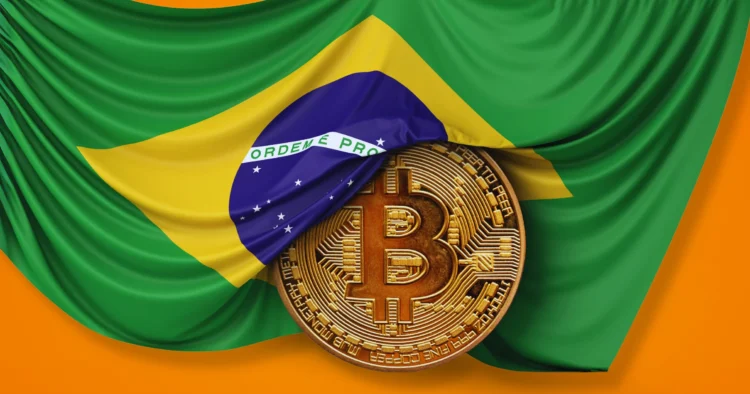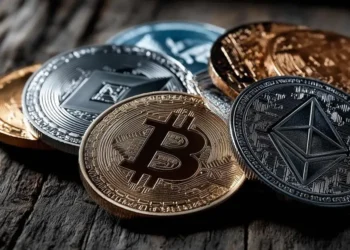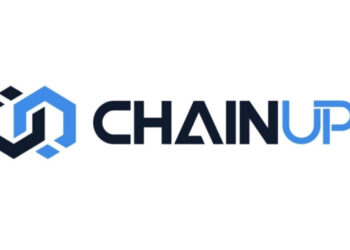Last updated on December 4th, 2024 at 12:42 pm
Brazil’s Central Bank (BCB) has introduced a proposal that could dramatically alter how stablecoins are used in the country’s thriving crypto market. Announced on November 29, the draft regulation aims to ban the transfer of foreign-backed stablecoins, like USD-pegged tokens, from crypto exchanges to self-custody wallets. This move is part of a broader effort to align Brazil’s crypto industry with traditional financial systems and address risks tied to investor protection and financial stability.
The proposed rule specifically targets “tokens denominated in foreign currencies,” which have become essential for cross-border payments in Brazil. If implemented, exchanges would no longer be allowed to facilitate these withdrawals, effectively forcing users to keep such assets on regulated platforms.

According to the Central Bank of Brazil (BCB), the measure is designed to curb risks associated with cybersecurity, consumer protection, and illicit activities while ensuring the financial system’s stability. The draft also seeks to align crypto activities with existing regulations governing foreign investments and external credit, requiring service providers to report customer data and comply with international standards.
“The adoption of virtual assets offers great opportunities for efficiency and investment,” the BCB noted, “but it also raises concerns, particularly in cases where these assets intersect with traditional financial systems.”
A Booming Crypto Sector at Risk?
Brazil’s crypto market has been on a meteoric rise, with the country receiving over $90 billion in digital assets between mid-2023 and mid-2024, according to Chainalysis. Stablecoins dominate the landscape, accounting for 70% of crypto transactions moving from local to international exchanges. These tokens have become invaluable for businesses, offering a reliable way to conduct cross-border payments while preserving value.
Industry experts warn that the proposed restrictions could stifle this progress. Stablecoins are particularly popular among Brazilian fintech firms for their ability to bypass the inefficiencies of traditional banking systems. By preventing users from transferring these assets to self-custody wallets, analysts fear the regulation could deter innovation, reduce financial freedom, and ultimately weaken Brazil’s standing as a crypto leader in Latin America.
Finding a Balance
While the BCB emphasizes that its proposal aims to provide clarity and enhance security in the crypto space, critics argue it could disrupt the delicate balance between regulation and innovation. Stablecoins are a cornerstone of the global crypto market, with a combined market cap of $190 billion. Limiting their utility in Brazil could ripple beyond the country’s borders.
The public has until February 28, 2025, to weigh in on the proposal, but the final decision rests with the Central Bank. For now, all eyes are on Brazil as it navigates the challenges of regulating a fast-evolving sector. Will this be a bold step toward stability, or a misstep that hinders growth in one of the world’s most dynamic crypto markets?
If you want to read more articles like this, visit DeFi Planet and follow us on Twitter, LinkedIn, Facebook, Instagram, and CoinMarketCap Community.
“Take control of your crypto portfolio with MARKETS PRO, DeFi Planet’s suite of analytics tools.”





















